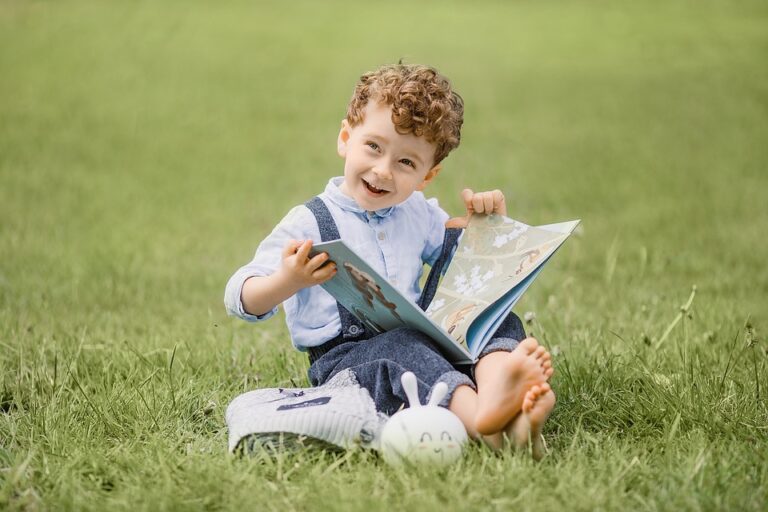
Early childhood education plays a critical role in shaping a child’s future. It is during these formative years that children develop essential skills, knowledge, and attitudes that lay the foundation for success later in life. From enhancing cognitive abilities to fostering social skills, early childhood education prepares children for a bright future filled with possibilities.
One of the fundamental aspects of early childhood education is the development of cognitive skills. Scientific research has shown that the brain undergoes rapid growth during the first five years of life, with 90% of brain development occurring during this period. This crucial phase provides a unique opportunity to stimulate and nurture a child’s cognitive abilities, enabling them to develop a strong foundation for learning.
Early childhood education programs focus on providing age-appropriate activities that promote cognitive growth. Activities such as storytelling, puzzles, and hands-on experiments stimulate a child’s curiosity and problem-solving abilities. These experiences help children develop critical thinking skills, creativity, and the capacity to process information effectively. By focusing on cognitive development from an early age, children are better equipped to cope with academic demands in later years.
Besides cognitive development, early childhood education also emphasizes the importance of socio-emotional skills. These skills relate to a child’s ability to understand and manage their own emotions, develop empathy, and establish positive relationships with others. Social skills are crucial for a child’s success in various aspects of life, including school, friendships, and future professional endeavors.
Early childhood education programs emphasize creating a positive and nurturing environment where children can develop social skills naturally. Through interactive play, group activities, and constructive communication, children learn how to express their emotions, work collaboratively with others, and resolve conflicts peacefully. These experiences help children develop self-confidence, empathy, and the skills needed to build healthy relationships, setting the stage for future success in forming meaningful connections.
Furthermore, early childhood education fosters a love for learning and a thirst for knowledge. By introducing children to a wide range of subjects and providing hands-on experiences, educators stimulate a child’s natural curiosity. This curiosity becomes the driving force behind a child’s lifelong learning journey.
Through engaging and age-appropriate activities, early childhood education programs inspire children to explore and discover the world around them. Whether it’s through exploring nature, conducting science experiments, or immersing themselves in imaginative play, children develop a genuine love for learning. This love for learning becomes the cornerstone of their educational journey, propelling them towards academic success and lifelong learning.
In conclusion, early childhood education plays a crucial role in preparing children for success. By focusing on cognitive development, social skills, and fostering a love for learning, early childhood educators set children on a path towards a bright future. Investing in early childhood education not only benefits individual children but also strengthens communities and societies as a whole. By providing a strong foundation for success, early childhood education paves the way for a generation ready to seize opportunities and reach their full potential.
Younger Glowing Skin - Discover Ancient Ayurvedic Secrets at DoctorIndiaHerbals.com
Explore One of the Largest Collections of Dinosaur-Themed Toys, Games, Gifts, Decor, and More at DinoAvenue.com
Discover Premium Design Elevator Shoes for Men and Women at LondonCobblers.com
Discover Hidden Family Destinations for Vacations at Places.Travelz.io
Find the Best Deals on Airfare and Hotels with Advanced Metasearch Technology at www.Travelz.io
30% off on Kids items
STEM science experiments for Kids
Premium Science Toys and experiments